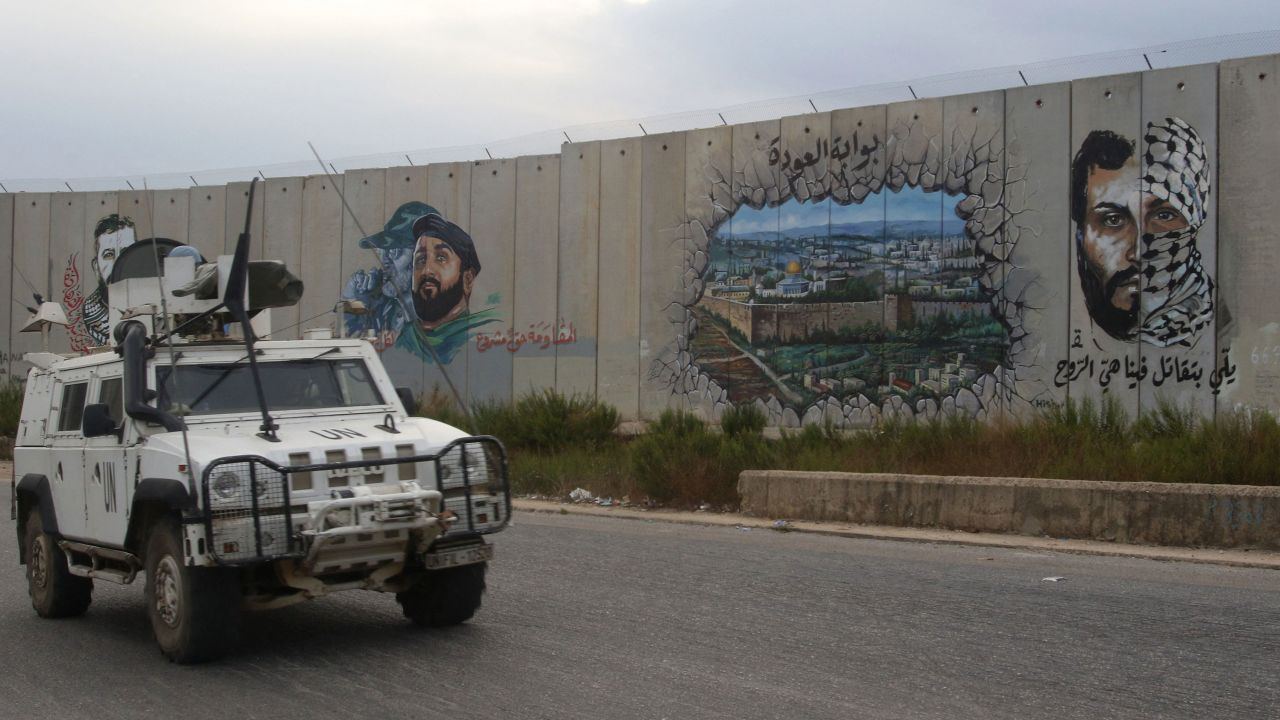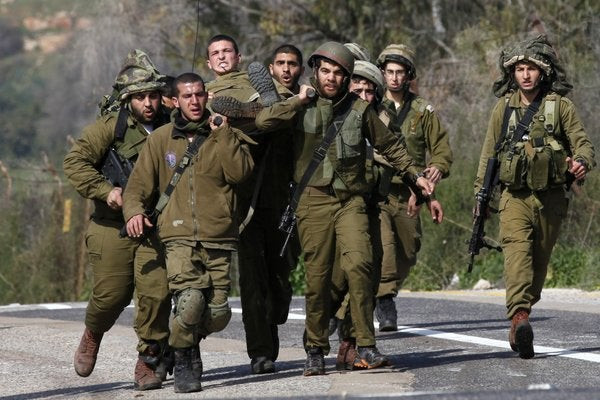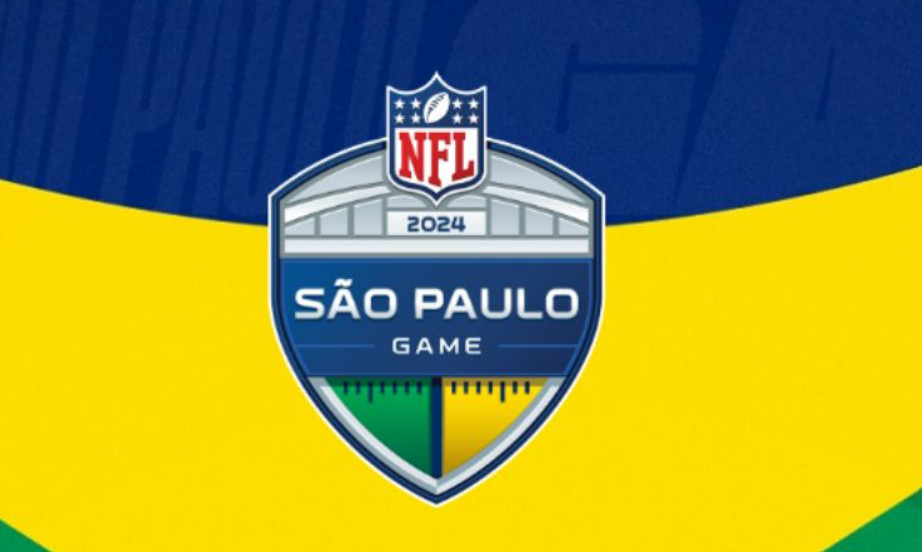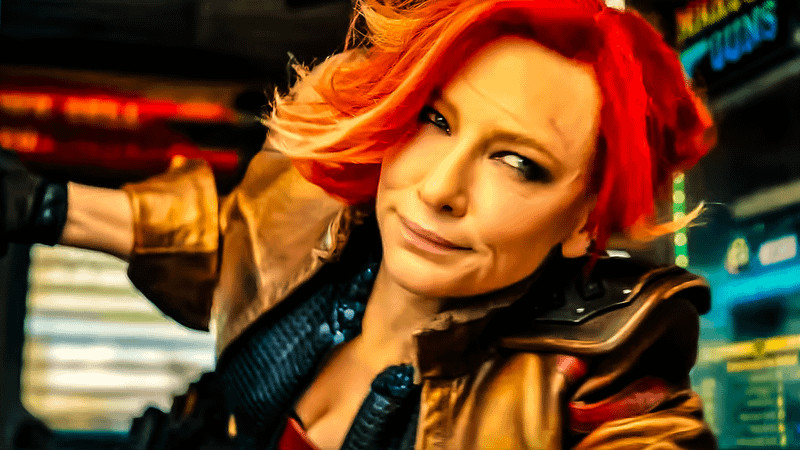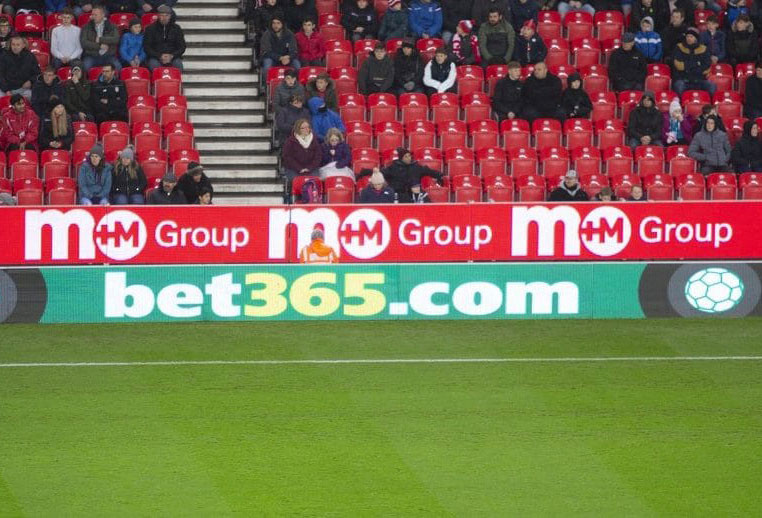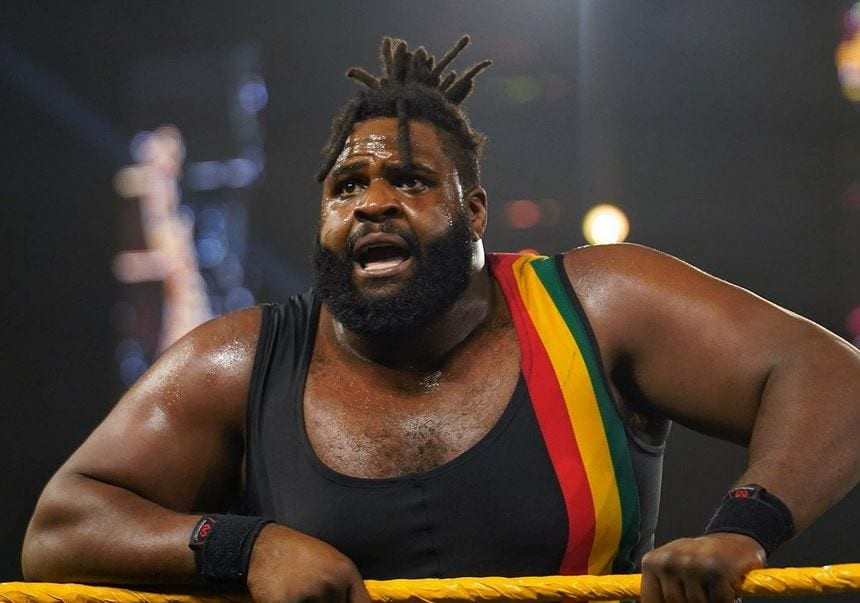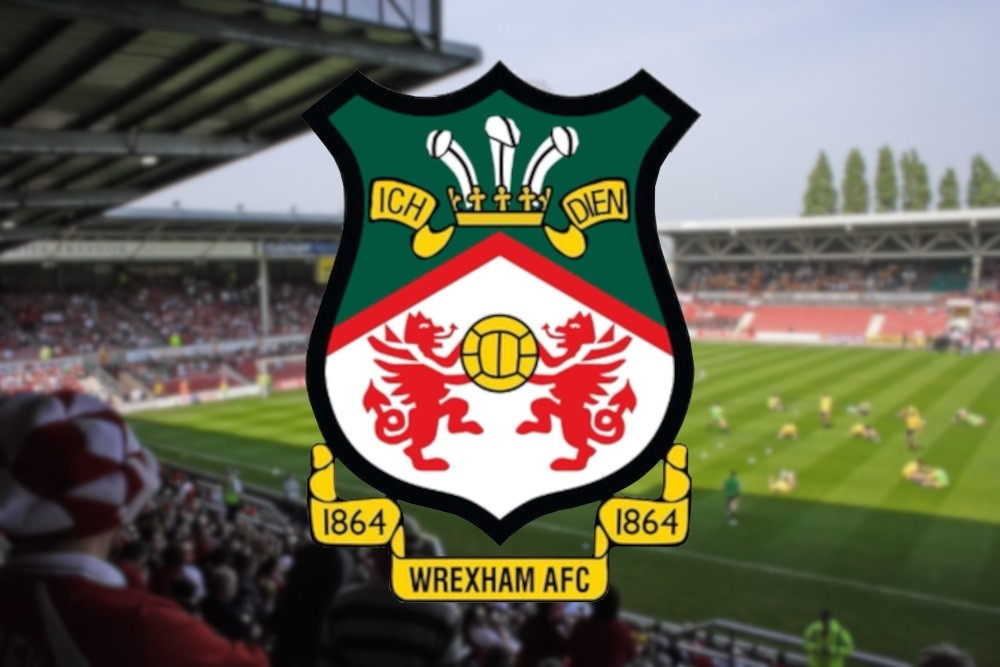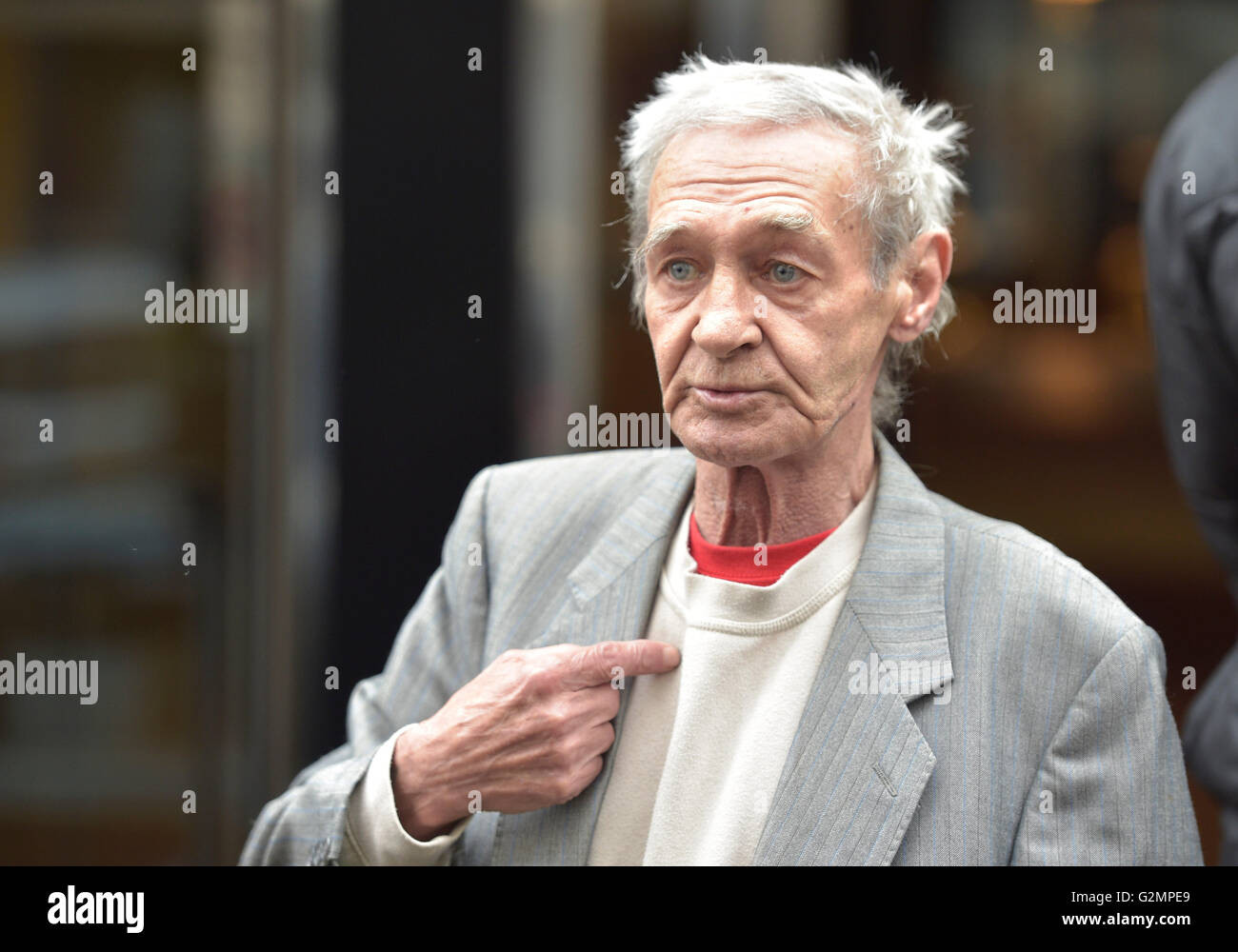Short of bombing Tehran, there was no bigger escalation available to Israel than attempting to kill Hassan Nasrallah, the secretary-general of Hezbollah, but that is exactly what it did on Friday evening. It is a gamble extraordinaire; the repercussions could be huge, and felt for years to come. The first signs of a major Israeli escalation came as huge blasts and secondary explosions ripped through the southern suburbs of Beirut as the sun fell on the Lebanese capital on Friday evening. Witnesses said they had never seen explosions like it, and certainly not since Israel’s last war there in 2006. On Saturday morning the IDF confirmed that Nasrallah, a hero to millions on the Shia Arab Street, was killed. The consequences are likely to be profound.
Hezbollah is seen by Iran as its deterrent in the region: a powerful military force it relies on to keep Israel from striking it directly. If Israel is willing not just to degrade it but to decapitate it, that strategy, that chess piece, will be gone and the fragile balance of power between Israel and Iran fundamentally changed. Israel is in effect signalling that it is ready to take on Iran directly and is challenging the world’s biggest and most powerful Shia Arab nation to hit back, if it dares.
“There is no place in Iran that the long arm of Israel cannot reach, and that is true of the entire Middle East,” said Benjamin Netanyahu in his UN speech. “And now I have a question to you: will your nation stand with Israel? Will you stand with democracy and peace? Or will you stand with Iran, a brutal dictatorship that subjugates its own people? Exports terrorism across the globe?” It’s not clear if Mr Netanyahu regards that as a rhetorical question. After all, all Israel’s allies, including the UK, were until hours ago pushing him to urgently de-escalate. Moreover, when Iran launched a massive drone and missile strike against Israel in April, it was a US-led coalition including the UK, France, Saudi Arabia, Qatar, UAE and Jordan that swung into action to shoot most of the missiles down. Will they come together to do it again if Iran attacks Israel directly in response to the strike against the leader of it’s most powerful terrorist proxy? That’s the question Iran will be mulling now as it plots its revenge. And given that several of the countries involved walked out of the UN chamber as Mr Netanyahu stood up to speak, the answer is not at all clear.
Hezbollah strongly rejects the Israeli military’s claim of its maintaining either weapons or weapon depots inside the civilian buildings in the Lebanese capital Beirut that have come under intense Israeli airstrikes. The Lebanese resistance movement’s Media Relations Office issued the remarks in a statement on Saturday after the Israeli military claimed that it was conducting strikes targeting “weapons belonging to Hezbollah…that were stored beneath civilian buildings” in southern Beirut. “The enemy's claims about the presence of weapons or weapons depots in the civilian buildings targeted by the bombing in the southern suburb are false,” the office said. The strikes targeted several buildings in the al-Hadath and Laylaki neighborhoods in Beirut’s Dahiyeh area. Shortly afterwards, reports pointed to “a third wave of strikes” on al-Hadath, with subsequent accounts putting the total number of the attacks to 15.
On Friday, Israeli warplanes struck at least six residential structures in Dahiyeh's Haret Hreik neighborhood, killing at least eight people and wounding some 80 others. The attacks came as part of the regime’s escalation against Lebanon that has been targeting the country since October 7, when Tel Aviv launched a genocidal war on the Gaza Strip. The escalation has taken a deadlier turn since Monday, claiming the lives of more than 700 people across the country. Hezbollah has been responding to the aggression with numerous retaliatory operations targeting the occupied Palestinian territories.
BEIRUT (AP) — Hezbollah leader Hassan Nasrallah has led the Lebanese militant group for the past three decades, transforming it into one of the most powerful paramilitary groups in the Middle East. Israeli airstrikes Friday afternoon knocked out six buildings in Beirut's southern suburb of Haret Hreik, the largest strike in the Lebanese capital in nearly a year of fighting between Israel and Hezbollah. The Israeli military said the strike, which killed and wounded dozens of people, hit the headquarters of Hezbollah in Beirut. Three major Israeli TV channels said Nasrallah was the target of the strikes in Beirut's southern suburbs, which has not been officially confirmed by Israel. Hezbollah officials did not comment.
Here's a look at the leader: Under the leadership of the 64-year-old Nasrallah, Hezbollah has fought wars against Israel and taken part in the conflict in neighboring Syria, helping tip the balance of power in favor of President Bashar Assad. An astute strategist, Nasrallah reshaped Hezbollah into an archenemy of Israel, cementing alliances with Shiite religious leaders in Iran and Palestinian militant groups such as Hamas. Idolized by his Lebanese Shiite followers and respected by millions of others across the Arab and Islamic world, Nasrallah holds the title of sayyid, an honorific meant to signify the Shiite cleric’s lineage dating back to the Prophet Muhammad, the founder of Islam. A fiery orator viewed as an extremist in the United States and much of the West, he is also considered a pragmatist compared to the militants who dominated Hezbollah after its founding in 1982, during Lebanon’s civil war. Despite the power he wields, Nasrallah has lived largely in hiding for fear of an Israeli assassination.
Born in 1960 into a poor Shiite family in Beirut’s impoverished northern suburb of Sharshabouk, Nasrallah was later displaced to south Lebanon. He studied theology and joined the Amal movement, a Shiite political and paramilitary organization, before becoming one of Hezbollah’s founders. Hezbollah was formed by Iranian Revolutionary Guard members who came to Lebanon in the summer of 1982 to fight invading Israeli forces. It was the first group that Iran backed and used as a way to export its brand of political Islam. Nasrallah built a power base as Hezbollah became part of a cluster of Iranian-backed factions and governments known as the Axis of Resistance. Two days after its leader, 39-year-old Sayyed Abbas Musawi, was killed in an Israeli helicopter gunship raid in south Lebanon, Hezbollah chose Nasrallah as its secretary-general in February 1992. Five years later, the United States designated Hezbollah a terrorist organization.
Under Nasrallah, Hezbollah was credited with leading the war of attrition that led to the withdrawal of Israeli troops from south Lebanon in 2000, after an 18-year occupation. Nasrallah’s eldest son, Hadi, was killed in 1997, fighting against Israeli forces. After Israel’s withdrawal from southern Lebanon in 2000, Nasrallah rose to iconic status both within Lebanon and throughout the Arab world. His messages were beamed on Hezbollah’s own radio and satellite TV station. That status was further cemented when, in 2006, Hezbollah fought Israel to a stalemate during the 34-day war. When Syria's civil war erupted in 2011, Hezbollah fighters rushed in, siding with Assad's forces — even though Hezbollah's popularity took a dive as the Arab world ostracized Assad. A day after the Israel-Hamas war started on Oct. 7, Hezbollah began attacking Israeli military posts along the border calling it a “backup front” for Gaza. In speeches throughout the conflict, he has argued that Hezbollah’s cross-border strikes had pulled away Israeli forces that would otherwise be focused on Hamas in Gaza and insisted that Hezbollah would not halt its attacks on Israel until a cease-fire is reached in Gaza. Nasrallah has maintained a defiant tone, even as tensions rose dramatically in recent weeks with Israel announcing a new phase in the conflict intended to push Hezbollah back from the border to allow thousands displaced from northern Israel to return.
Israel launched strikes killing top military commanders with the group and was blamed for the explosion of thousands of communications devices, mainly used by Hezbollah members, that killed 37 people and wounded thousands.
BEIRUT (Reuters) - Killing or incapacitating Hezbollah leader Hassan Nasrallah would deal a significant blow to the Iran-backed Lebanese group he has led for 32 years, analysts said on Friday after reports Israel targeted him with a strike. A source close to Hezbollah said Nasrallah was still alive after the attack on the southern suburbs of Beirut, a Hezbollah stronghold, on Friday evening. A senior Iranian security official said Tehran was checking on Nasrallah's status.
Replacing Nasrallah would be an even bigger challenge now than at any point for years, after a series of recent Israeli attacks that have killed top Hezbollah commanders and raised questions over its internal security. “The whole landscape would change big time,” said Mohanad Hage Ali, deputy research director of the Carnegie Middle East Center in Beirut. “He has been the glue that has held together an expanding organisation,” Hage Ali said. Hezbollah, which was formed by Iran's Revolutionary Guards in the early 1980s to battle Israel, is also a major social, religious and political movement for Lebanese Shi'ite Muslims, with Nasrallah at its heart. “He became a legendary figure, kind of, for the Lebanese Shia,” said Hage Ali.
Nasrallah himself became Hezbollah leader when Israel killed his predecessor and he has been at constant risk of assassination ever since. “You kill one, they get a new one,” said a European diplomat of the group's approach. However, amid a sudden series of Israeli successes in its war against Hezbollah and an onslaught of air strikes, his death would greatly aggravate an already fraught moment for the group. “Hezbollah will not collapse if Nasrallah is killed or incapacitated, but this will be a major blow to the group’s morale. It would also underline Israel’s security and military superiority and access,” said Lina Khatib, an associate fellow at the Chatham House policy institute in London. The potential impact of Nasrallah's death on Hezbollah's military capabilities is also unclear. Israel and Hezbollah have been exchanging fire for a year across the Lebanese border in their worst conflict since 2006, triggered by the war in Gaza. “Israel will want to translate this pressure into a new status quo in which its north is secure, but this will not happen quickly even if Nasrallah is eliminated,” Khatib said.
Hezbollah claimed several rocket attacks on Israel in the hours after the Beirut strike in what analysts said was an effort to show it could still carry out such operations after Israel said it targeted Hezbollah's command center. “Israel has declared war. It is a full-scale war, and Israel is using this opportunity to eliminate the leadership structure and destroy Hezbollah's infrastructure,” said Fawaz Gerges, professor of international relations at the London School of Economics. “They are breaking Hezbollah's power. There's no need to kill every member of Hezbollah but if you destroy its combat structure and force them to surrender. It loses credibility,” Gerges said.
SUCCESSORS Any new leader would have to be acceptable both within the organisation in Lebanon but also to its backers in Iran, said Philip Smyth, an expert on Shi'ite militias. The man widely regarded as Nasrallah's heir, Hashem Safieddine, was also still alive after Friday's attack, the source close to Hezbollah said. Safieddine, who oversees Hezbollah's political affairs and sits on the group's Jihad Council, is a cousin of Nasrallah and like him is a cleric who wears the black turban denoting descent from Islam's Prophet Mohammed. The U.S. State Department designated him a terrorist in 2017 and in June he threatened a big escalation against Israel after the killing of another Hezbollah commander. “Let (the enemy) prepare himself to cry and wail,” he said at the funeral. Nasrallah “started tailoring positions for him within a variety of different councils within Lebanese Hezbollah. Some of them were more opaque than others. They've had him come, go out and speak,” said Smyth. Safieddine's family ties and physical resemblance to Nasrallah as well as his religious status as a descendent of Mohammed would all count in his favour, Smyth said.
Hezbollah chief Hassan Nasrallah is the only man in Lebanon with the power to wage war or make peace, but he leads a life in hiding to avoid assassination by his movement's arch-enemy, Israel. A wave of Israeli strikes on Friday hit Hezbollah's main bastion in south Beirut, and Israeli broadcasters said Nasrallah was the target. A source close to Hezbollah denied the reports, saying that he was “fine.”
Nasrallah enjoys cult status among his Shiite Muslim supporters, is equipped with a formidable arsenal far bigger and more modern than the national army's, and holds sway over Lebanon's institutions. Nasrallah has rarely been seen in public since his movement fought a devastating 2006 war with Israel. In 2011, the leader showed up at a religious procession in Beirut's southern suburbs and briefly greeting supporters before addressing the crowd on video from an undisclosed location. In a 2014 interview with Lebanon's pro-Hezbollah newspaper Al-Akhbar, Nasrallah said that “the Israelis are pushing the idea... that I live far from people, that I don't see them or communicate with them.” He said that he regularly switched sleeping places, but denied that he lived in a bunker. “The point of security measures is that movement be kept secret, but that doesn't stop me from moving around and seeing what is happening,” he said. Nasrallah is still occasionally photographed alongside other leaders of Iran-backed armed groups in the Middle East.
Very few people are believed to know where he lives. Officials and journalists who met Nasrallah in recent years described tight security measures that prevented them from knowing where they were being taken. The vast majority of his speeches in the past two decades have been recorded and broadcast from a secret location.
-
Supporting Hamas - A gifted public speaker, 64-year-old Nasrallah is a master of cadence, swinging from humour to belittle his enemies to rage to fire up his 100,000-man militia. The bearded, bespectacled cleric is never seen without traditional robes and the black turban that marks him out as a descendant of the prophet Mohammed. He is married and has four surviving children. He was elected secretary general of Hezbollah in 1992, aged just 32, after an Israeli helicopter gunship killed his predecessor Abbas al-Musawi. Hezbollah is the only group that refused to give up its weapons after Lebanon's 15-year civil war ended in 1990, and Nasrallah insists that Israel remains an existential threat. Since Hezbollah's Palestinian ally Hamas attacked Israel on October 7, Hezbollah has battled Israeli troops almost daily along the Lebanon-Israel border.
-
Political force - Born in Beirut's impoverished northern suburb of Burj Hammud on August 31, 1960, he was one of nine children of a poor grocer hailing from the tiny southern village of Bazuriyeh. Nasrallah studied politics and the Koran for three years at a seminary in Iraq's Shiite holy city of Najaf, before being expelled in 1978 when the Sunni-dominated government turned on Shiite activists. He then became heavily involved in Lebanese politics and gained much of his early experience in the Shiite Amal militia during the civil war. But he broke away from Amal when Israeli troops marched on Beirut in 1982 to become one of the founders of Hezbollah. He acquired his cult status in Lebanon and across the Arab world after Israel withdrew its troops from south Lebanon under relentless Hezbollah attack in May 2000, ending 22 years of occupation of the border strip. Nasrallah's years at the helm of Hezbollah, or Party of God, have seen the group expand from guerrilla faction into the country's most powerful political force. Hezbollah is admired by many Shiites in Lebanon for supporting local charities, building up health and education services in its strongholds and assisting the needy among its supporters. But in divided Lebanon, the movement is also widely hated, including by those who dream of a nation free from sectarianism and where the rule of law prevails. Nasrallah's personal popularity soared across the Arab world after a UN-brokered ceasefire ended the 2006 conflict with Israel, before suffering a blow when he sent fighters to neighbouring Syria to prop up President Bashar al-Assad's regime in the war since 2011.




